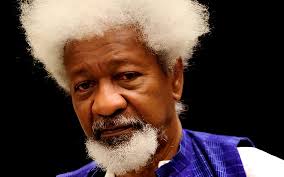
Nobel laureate Wole Soyinka has shared that winning the prestigious award in 1986 exposed him to danger due to his active role in Nigeria’s political scene. In an interview with CNN’s Larry Madowo, Soyinka explained that his newfound status as the first sub-Saharan African to win the Nobel Prize in Literature made him a target.
Soyinka felt isolated after receiving the award, stating that it expanded his constituency overnight and demanded more from him. He believed that his refusal to back down on his beliefs and activities put him in greater danger. The literary icon recalled that Nigeria’s former military Head of State, General Sani Abacha, would have been thrilled to hang a Nobel laureate, but instead had to settle for executing activist and writer Ken Saro Wiwa.
During Abacha’s regime, Soyinka escaped Nigeria on a motorcycle via the Benin border and was later sentenced to death in absentia. He returned to Nigeria in 1999 when democracy was restored.
Now 90, Soyinka reflected on how he celebrates his birthdays, saying he doesn’t fancy them. Instead, he prefers to “disappear into the forest” on his special day. This desire for solitude is understandable, given the risks he has faced throughout his life.
Soyinka’s legacy extends beyond his literary accomplishments. He has been a vocal critic of successive Nigerian governments and military dictators, including Abacha’s regime.
